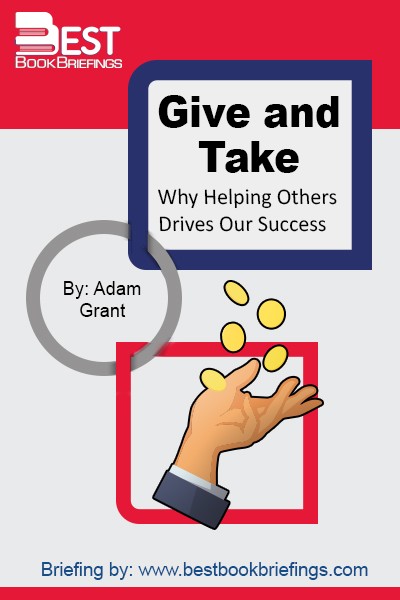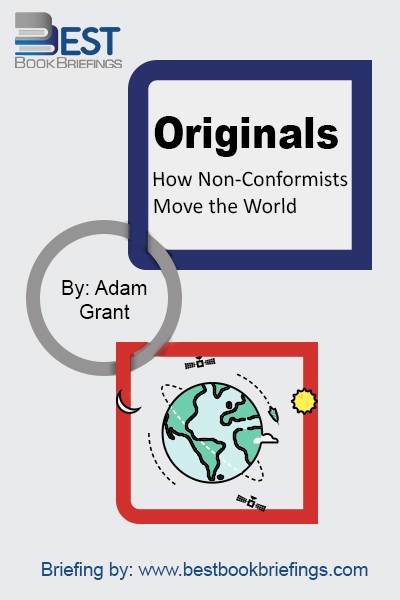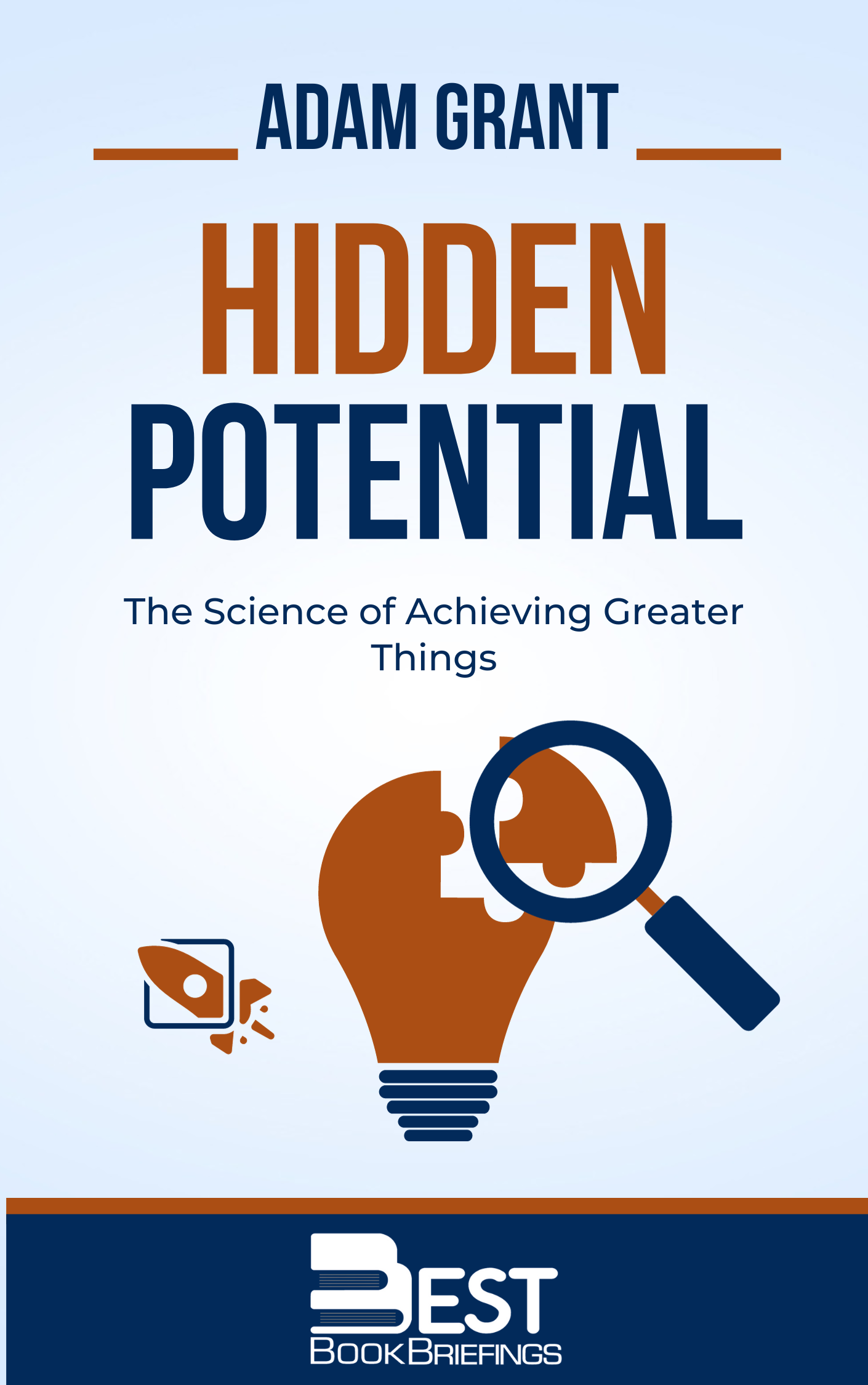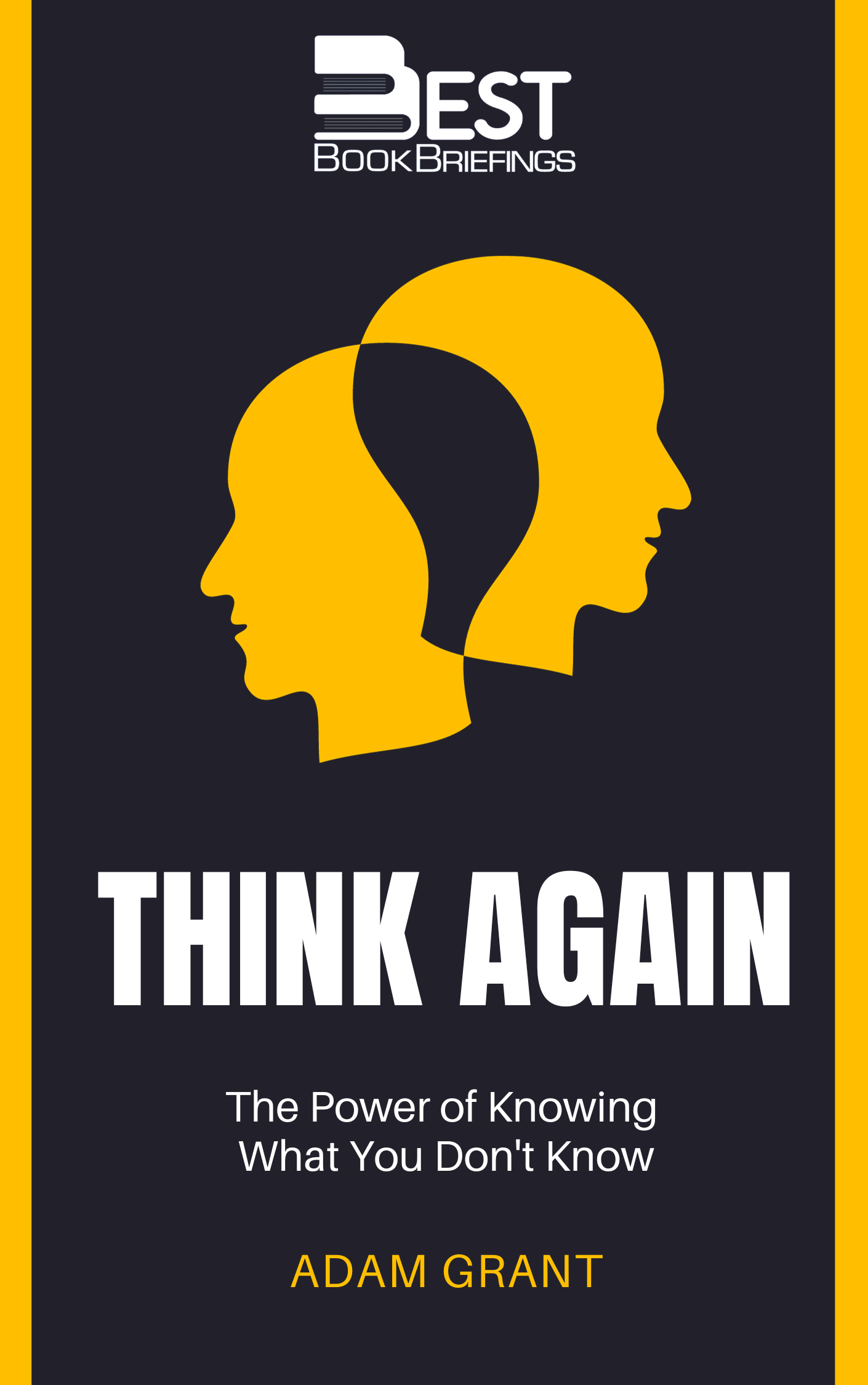Give and Take
Why Helping Others Drives Our Success
Number of pages: 320
Publisher: Random House
BBB Library: Communication, Personal Success
ISBN: 0143124986
Editorial Review
According to conventional wisdom, highly successful people have three things in common: motivation, ability, and opportunity. Here is a fourth ingredient that’s critical but often neglected: success depends heavily on how we approach our interactions with other people. Every time we interact with another person at work, we have a choice to make: do we try to claim as much value as we can, or contribute value without worrying about what we receive in return?
Book Reviews
Books on Related Topics

Most people want to make a difference in their lives and you’re probably no exception. However, good intentions can all too easily lead to bad outcomes. The challenge for us is: When we try to help others, how can we ensure that we do so as effectively as possible? How can
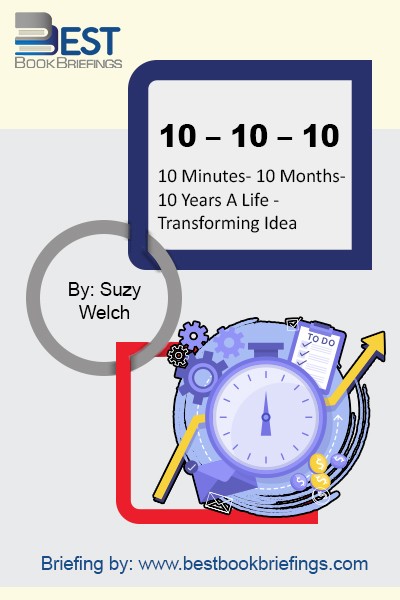
Simply put, 10 – 10 – 10 is a new approach to making choices that will allow you to create a life of your own making. It’s about a steady discipline that can help us replace chaos with consistency, confusion with clarity, and perhaps best of all, guilt with no-guilt. More
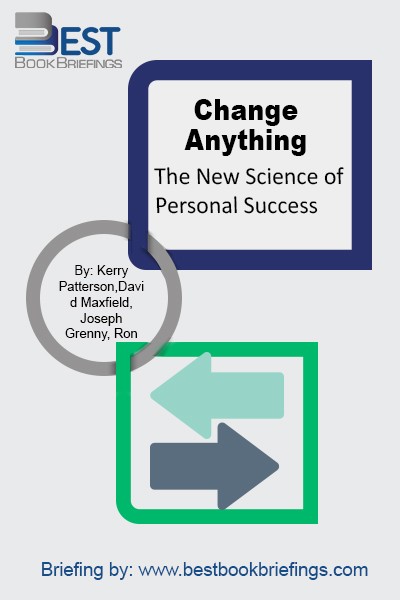
A stunning new approach to how individuals can not only change their lives for the better in the workplace, but also their lives away from the office, including (but not limited to) finding ways to improve one's working relationship with others, one's overall health, outlook on life, and so on.
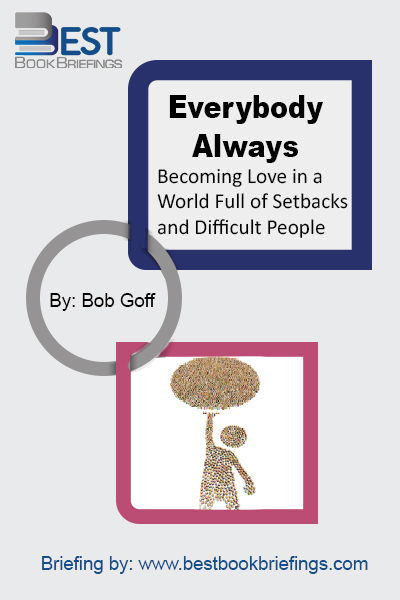
In this Summary of Bob Goff's new book Everybody, Always, he explains that we loved people before and we are going to love more people as the days go by. We also have been loved and cherished by those surrounding us and we tend to try as hard as we can

Often, to get something done that really matters to us, we need to work with people we don’t agree with or like or trust. Adam Kahane has faced this challenge many times, working on big issues like democracy, jobs, climate change, and on everyday issues in his organizations or family. He

When we sat down to write the first edition of this book, we were excited to share the results of laboratory research into relationships but we knew we'd face some skepticism. Could scientific study of something as intangible, idiosyncratic, and personal as marriage relations deliver useful advice to couples in the

